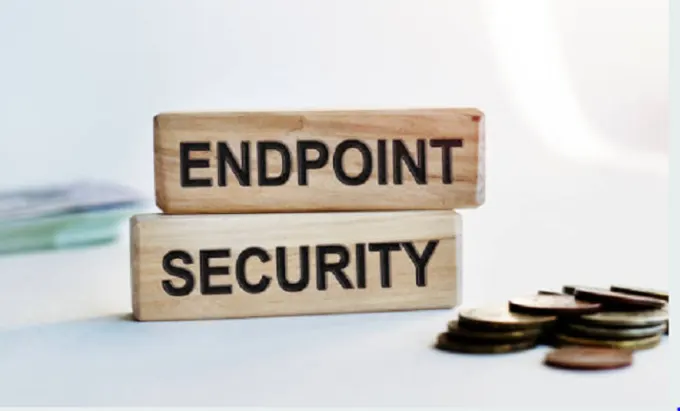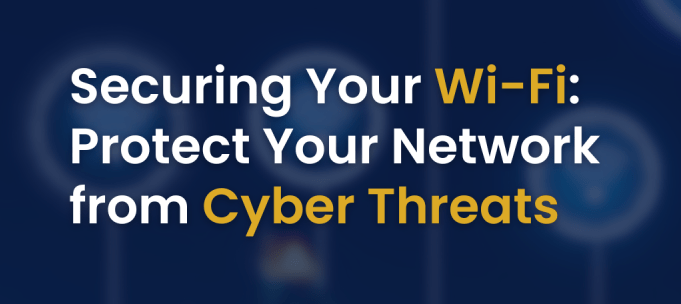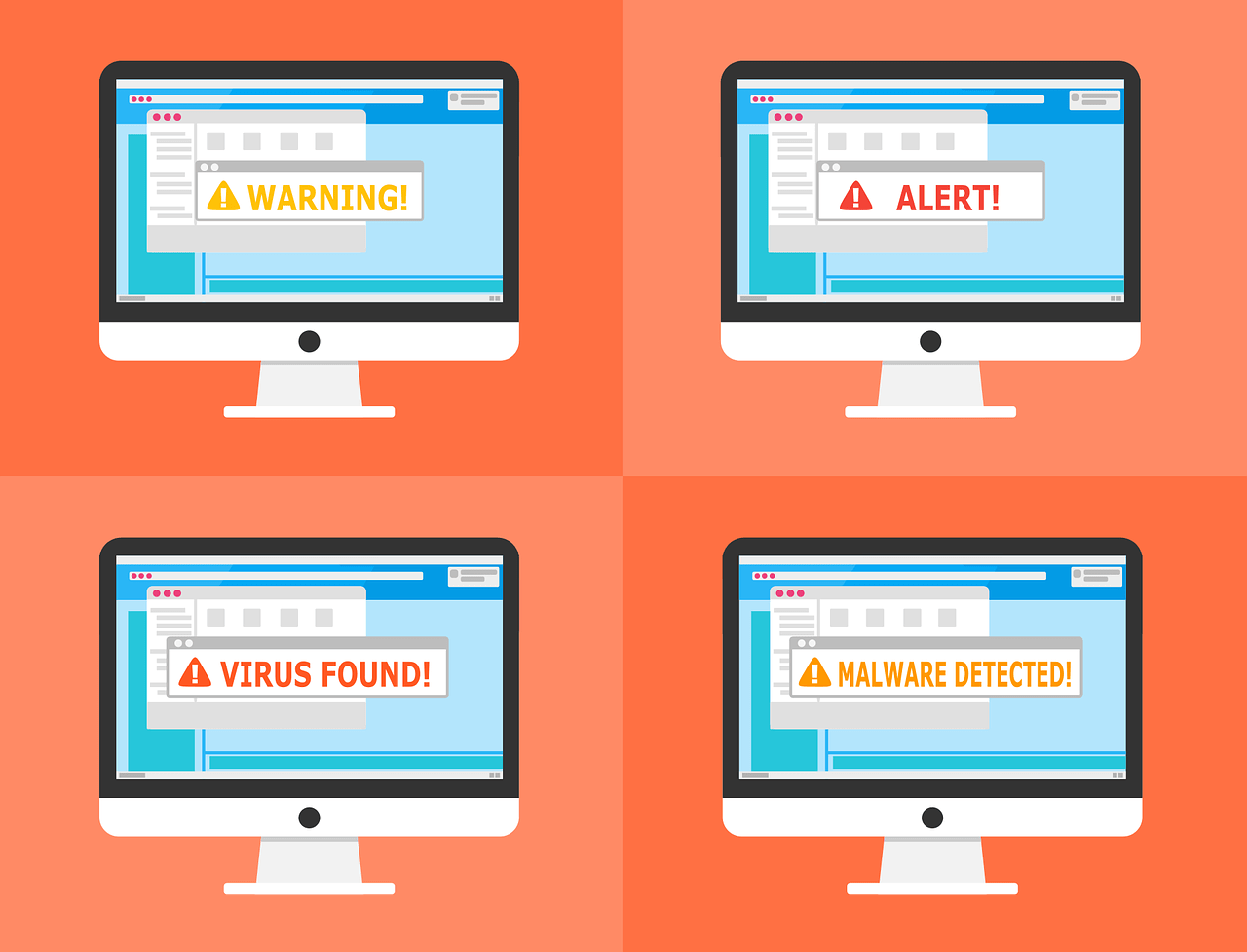Freelancers are an ever-growing part of the workforce, spanning industries from creative design to IT consulting. While freelancing offers flexibility and independence, it also comes with unique risks—especially in cybersecurity. Without the safety net of an IT department, freelancers must fend for themselves in protecting their devices, data, and clients’ sensitive information.
This guide explores cost-effective endpoint security tools, detailed configurations, and practical security protocols tailored to independent workers.
Why Endpoint Security Matters for Freelancers
Endpoint security focuses on protecting devices like laptops, smartphones, and tablets from cyber threats. As a freelancer, your device is your office, vault, and communication hub rolled into one. A single security breach could result in stolen client data, compromised bank accounts, or permanent damage to your professional reputation.
Common Threats Facing Freelancers
- Phishing attacks: Fake emails tricking you into revealing login credentials.
- Malware: Malicious software installed through unsecured downloads.
- Ransomware: Files locked until a ransom is paid.
- Man-in-the-middle attacks: Data intercepted on unsecured networks.
- Credential stuffing: Reusing passwords across services can lead to unauthorized access.
Freelancers often work from coffee shops, airports, or home networks, which are not always secure. Endpoint security is not optional—it’s essential.
Protecting Your Clients’ Data
Clients trust freelancers with sensitive data, including proprietary business information, financial details, and confidential documents. Protecting this data isn’t just a professional responsibility—it’s a legal and ethical obligation.
1. Data Encryption for Files and Communication
- Use tools like VeraCrypt or built-in encryption tools such as BitLocker (Windows) and FileVault (macOS).
- Encrypt client files before transferring them via cloud storage or email.
Example Command for Encrypting a File (Linux):
gpg -c client_data.docxThis creates an encrypted version of the file.
2. Secure File Sharing Platforms
- Use secure platforms like Dropbox Business, Google Workspace, or Tresorit.
- Avoid sharing sensitive documents via unsecured email attachments.
3. Client Access Management
- Use tools like LastPass for Teams or Bitwarden Organizations to securely share credentials without exposing passwords.
- Revoke access after project completion.
4. Non-Disclosure Agreements (NDAs)
- Always include a cybersecurity clause in your contracts.
- Outline your protocols for data security.
5. Audit Your Security Practices Regularly
- Conduct quarterly security audits.
- Use vulnerability scanning tools like OpenVAS.
Affordable Endpoint Security Tools for Freelancers
1. Antivirus Software
Best Picks:
- Bitdefender Antivirus Plus ($30/year)
- Malwarebytes Premium ($45/year)
- Avast Free Antivirus (Free)
2. VPN (Virtual Private Network)
Best Picks:
3. Password Managers
Best Picks:
4. Firewalls
Built-in Options:
- Windows Defender Firewall (Windows)
- pfSense (Free Open-Source Firewall Software)
5. Device Encryption
Full-disk encryption ensures your files remain secure even if your device is stolen.
Freelancers have a dual responsibility: securing their own devices and ensuring client data remains protected. Cyber threats are evolving, and even small oversights can have significant consequences. By using affordable tools, implementing client-specific security protocols, and staying vigilant, freelancers can protect their work, their clients, and their professional reputation.
Endpoint security isn’t just about devices—it’s about trust and professionalism. Your clients depend on you to safeguard their sensitive information, and this trust is built over time through consistent security practices.
Investing in endpoint security doesn’t have to break the bank, but failing to do so could cost you far more in lost contracts, legal complications, or reputational damage. Start small if you must—install an antivirus, set up a VPN, and begin using a password manager. Over time, refine your security setup to match the complexity and sensitivity of your work.
In an era where cyber threats are omnipresent, freelancers who prioritize security set themselves apart. They not only protect their income but also build lasting relationships with clients who know their data is in safe hands. Take endpoint security seriously—it’s not just about protecting your devices; it’s about protecting your future.
Martin Baker
Martin Baker, Managing Editor at Decoded.cc, harnesses a decade of digital publishing expertise to craft engaging content around technology, data, and culture. He leads cross-functional teams, enforces editorial excellence, and transforms complex ideas into accessible narratives—fueling Decoded.cc’s growth and impact.








Leave a Reply